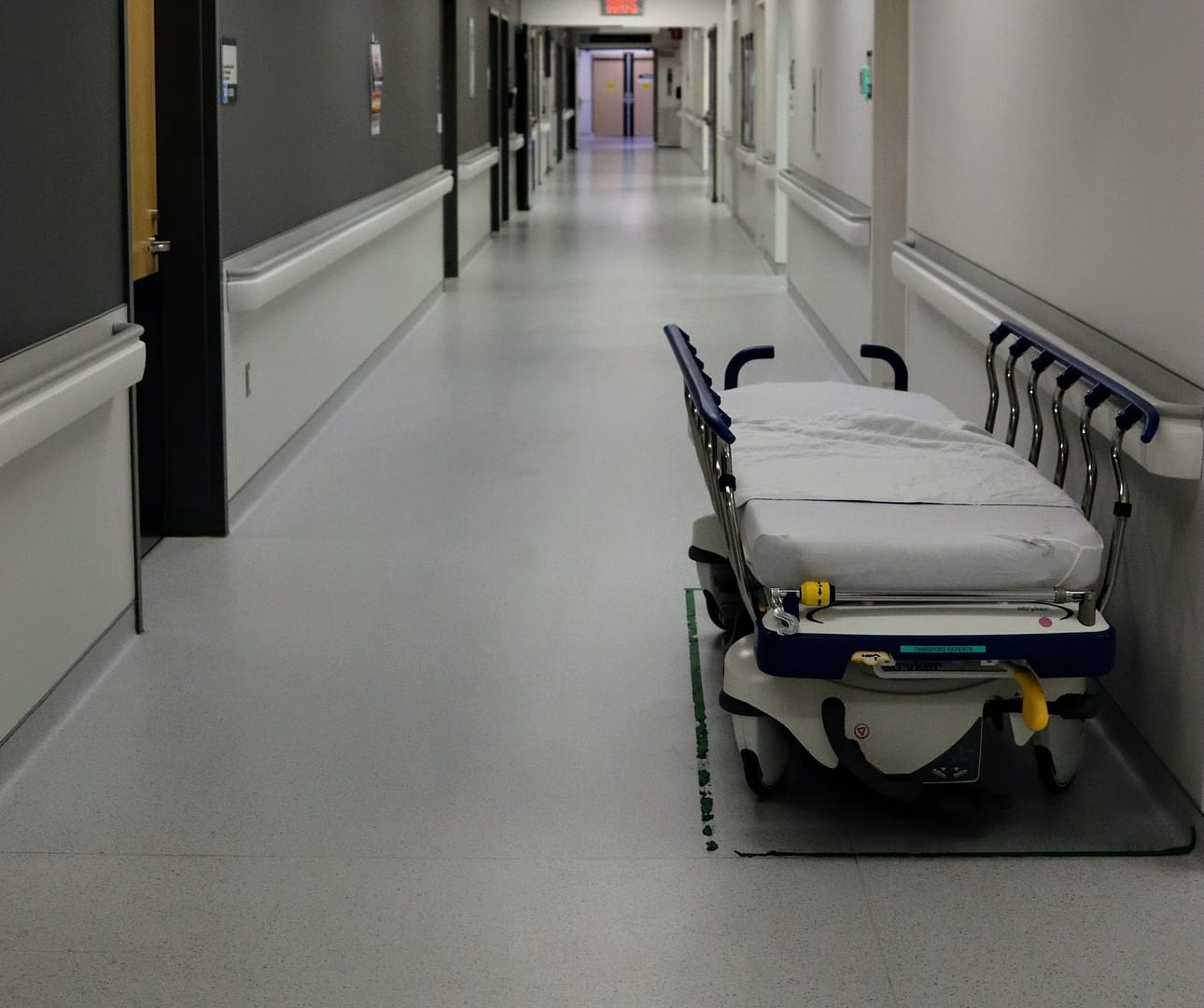In the realm of healthcare, the intersection of hospital policies and clinical negligence is a critical aspect that demands careful examination. Hospitals, as the bastions of health and healing, are expected to adhere to stringent policies to ensure patient safety. The adherence to these policies not only defines the quality of healthcare delivery but also plays a pivotal role in mitigating clinical negligence. Let’s embark on a journey through the intricate web of hospital protocols and the legal ramifications associated with clinical negligence.
Unravelling the Connection
Hospital Policies and Clinical Negligence: Assessing Compliance is a phrase that encapsulates the delicate dance between healthcare institutions and the legal system. The question that often arises is whether a hospital can be held liable for instances of medical negligence. To understand this, we must delve into the core components of hospital policies and the implications of clinical negligence on both patients and medical professionals.
In the dynamic landscape of healthcare, hospital policies act as the guiding light. These policies encompass a wide array of procedures and protocols designed to ensure the provision of safe and effective care. From infection control measures to patient rights and confidentiality, hospitals weave a complex tapestry of guidelines to safeguard the well-being of those seeking medical assistance.
The Legal Tapestry of Clinical Negligence
As we navigate the landscape of healthcare, the looming spectre of clinical negligence cannot be ignored. The possible legal implications of clinical negligence are vast and intricate. When medical professionals deviate from established standards of care, patients may suffer harm, leading to legal repercussions for both the individual practitioners and the institutions they represent.
Understanding Negligence in a Clinical Context
Clinical negligence, often referred to as medical malpractice, occurs when healthcare professionals breach their duty of care, resulting in harm to the patient. This breach could be in the form of misdiagnosis, surgical errors, medication mistakes, or other lapses in treatment. The legal consequences of clinical negligence hinge on establishing four key elements: duty of care, breach of duty, causation, and damages.
Holding Hospitals Accountable
Can a hospital be held liable for medical negligence committed by its staff? The answer lies in the concept of vicarious liability. Hospitals are generally held accountable for the actions of their employees, including doctors, nurses, and support staff. If a healthcare professional, acting in the scope of their employment, commits clinical negligence, the hospital may bear legal responsibility.
Navigating the Legal Maze
The legal implications of clinical negligence extend beyond the individual practitioner and the hospital. Patients who have suffered harm due to medical negligence have the right to seek compensation through legal avenues. This often involves filing a medical malpractice lawsuit against the responsible parties.
Burden of Proof
In legal proceedings related to clinical negligence, the burden of proof rests on the plaintiff—the injured patient. Establishing that the healthcare provider breached the standard of care and that this breach directly caused the harm requires meticulous documentation, expert testimony, and a comprehensive understanding of medical protocols.
Damages and Compensation
When clinical negligence is proven, the court may award damages to the injured party. These damages can encompass medical expenses, loss of income, pain and suffering, and other related costs. The compensation serves not only as a form of justice for the affected individual but also as a deterrent for healthcare providers to uphold the highest standards of care.
The Crucial Role of Compliance
To navigate the complex legal landscape, hospitals must prioritise compliance with established policies and standards. Compliance is not just a bureaucratic obligation; it is a commitment to patient safety and well-being. The effective implementation of hospital policies acts as a shield, reducing the risk of clinical negligence and its associated legal consequences.
Compliance as a Safeguard
Hospital policies are not mere documents gathering dust on shelves; they are living guidelines that shape the culture of healthcare institutions. Rigorous adherence to these policies ensures that healthcare professionals are well-informed and equipped to provide care in a manner that minimises the risk of negligence.
Continuous Evaluation and Improvement
Assessing compliance is not a one-time affair; it is an ongoing process that demands continuous evaluation and improvement. Hospitals must establish robust mechanisms for monitoring adherence to policies, conducting regular audits, and addressing any deviations promptly. This proactive approach not only enhances patient safety but also serves as a proactive defence against potential legal challenges.

Making a Clinical Negligence Claim with National Claims
Navigating the complexities of a clinical negligence claim requires expertise and a dedicated ally. At National Claims, we understand the challenges faced by individuals who have suffered due to medical negligence. Our team of legal professionals specialises in guiding clients through the intricate process of filing a clinical negligence claim.
Expert Guidance
Making a clinical negligence claim involves understanding the intricacies of the legal system and presenting a compelling case. At National Claims, our experts are well-versed in the nuances of medical malpractice law. We provide comprehensive guidance, ensuring that every aspect of the claim is thoroughly examined and presented.
Support Every Step of the Way
The journey of a clinical negligence claim can be daunting, but you don’t have to navigate it alone. National Claims is committed to providing unwavering support to our clients. From initial consultations to courtroom representation, we stand by you every step of the way, advocating for your rights and seeking the compensation you deserve.
Conclusion
In the intricate dance between hospital policies and clinical negligence, the key lies in striking a balance. Hospitals must navigate the delicate terrain of patient care with unwavering commitment to compliance. By doing so, they not only protect the well-being of those they serve but also shield themselves from the legal pitfalls associated with clinical negligence.
As we ponder the question, “Can a hospital be held liable for medical negligence?” the resounding answer is yes, but the degree of liability hinges on the institution’s commitment to compliance. In the realm of healthcare, where human lives hang in the balance, the interplay of policies and legal consequences underscores the profound responsibility that hospitals shoulder. Through a lens of compliance, the healthcare industry can continue its mission of healing with integrity and accountability.
Speak to one of our claims specialists who will help you get started with your claim. Contact us today!
Click below to see why we are one of the most trusted claims management companies in the UK.

We’re proud of our excellent customer reviews
We thrive on delivering exceptional service and ensuring our clients’ satisfaction. Don’t just take our word for it. Check out some of our independent reviews to see what our clients have to say.
Excellent

This firm is excellent, they sorted out my car pay out and injury claim very fast, they always communicate with you all the time.

My accident case was dealt with confidence and with great result of the outcome, especially James kept me informed all the time.

I was very impressed at the way my inquiry was treated. I was listened to attentively and everything I needed to know was explained to me.






